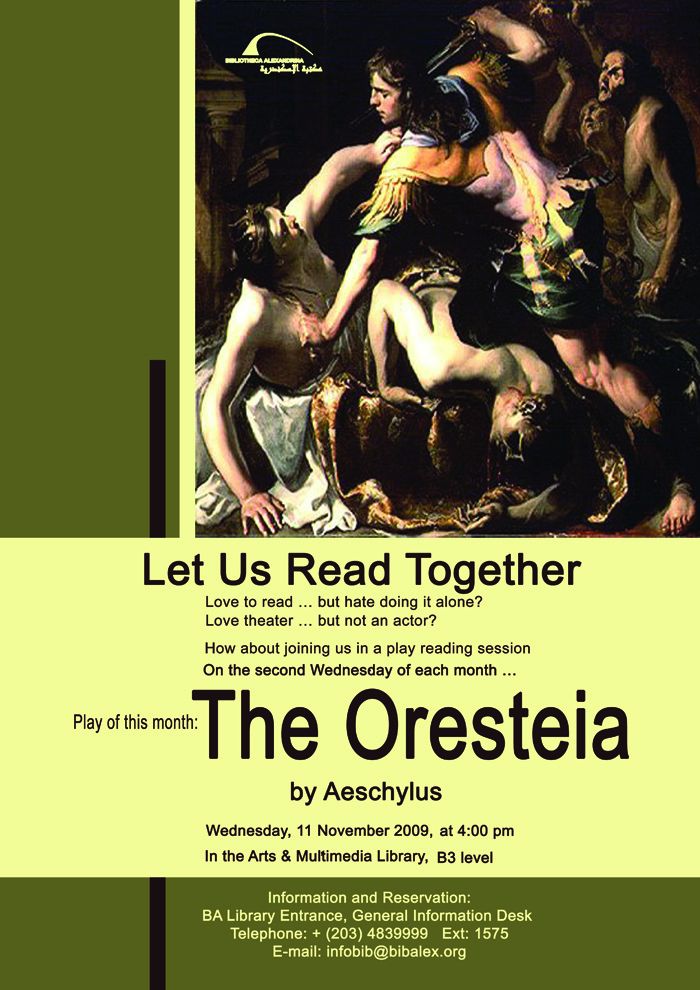

At least one of his plays was influenced by the Persians' second invasion of Greece (480–479 BC).

His Oresteia is the only extant ancient example. He was likely the first dramatist to present plays as a trilogy. These fragments often give further insights into Aeschylus' work. Fragments from other plays have survived in quotations, and more continue to be discovered on Egyptian papyri. There is a long-standing debate regarding the authorship of one of them, Prometheus Bound, with some scholars arguing that it may be the work of his son Euphorion. Only seven of his estimated seventy to ninety plays have survived. Formerly, characters interacted only with the chorus.

According to Aristotle, he expanded the number of characters in the theatre and allowed conflict among them. Academic knowledge of the genre begins with his work, and understanding of earlier Greek tragedy is largely based on inferences made from reading his surviving plays. 456/455 BC) was an ancient Greek tragedian, and is often described as the father of tragedy. Aeschylus ( UK: / ˈ iː s k ɪ l ə s/, US: / ˈ ɛ s k ɪ l ə s/ Greek: Αἰσχύλος Aiskhýlos c.


 0 kommentar(er)
0 kommentar(er)
